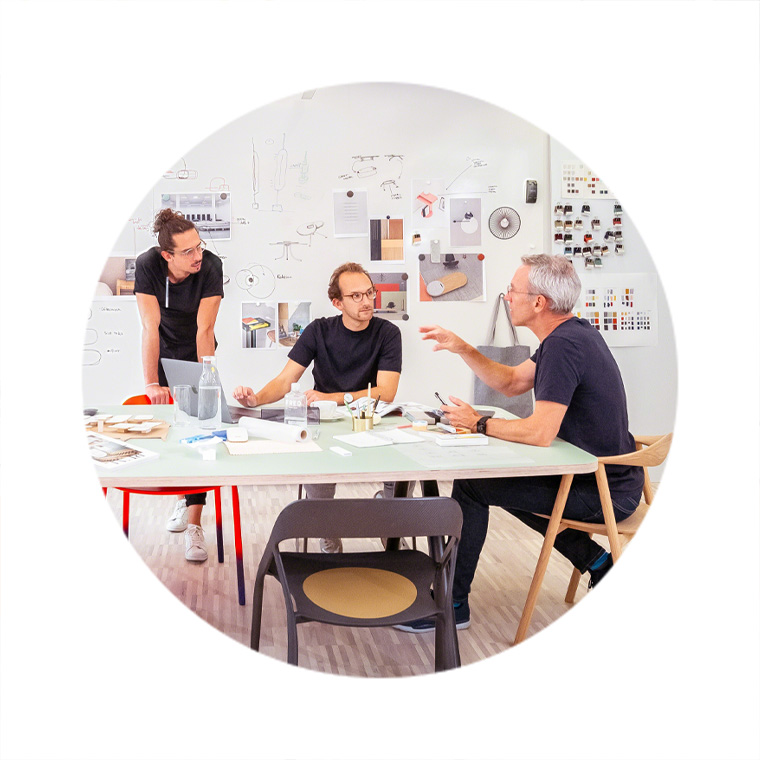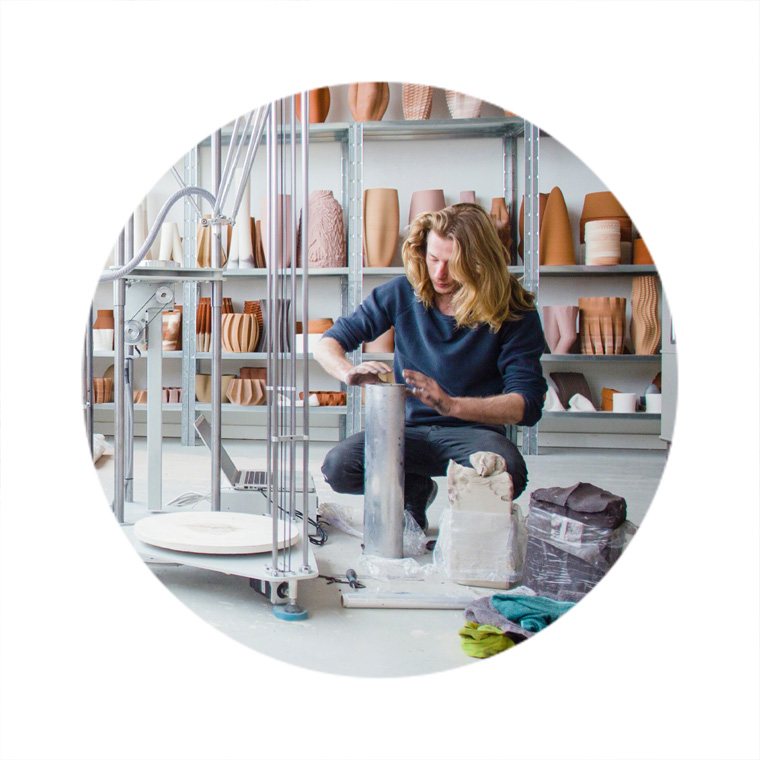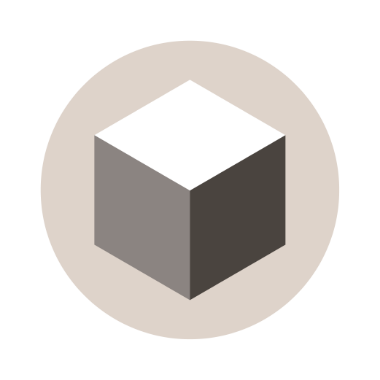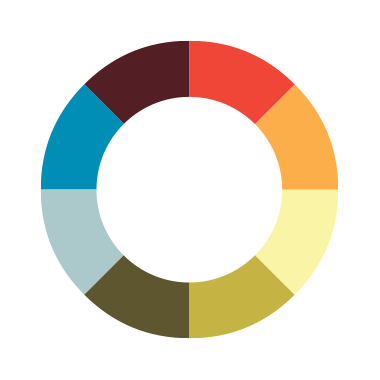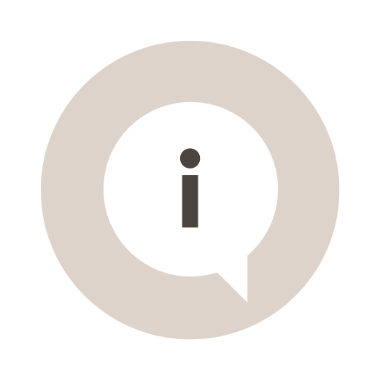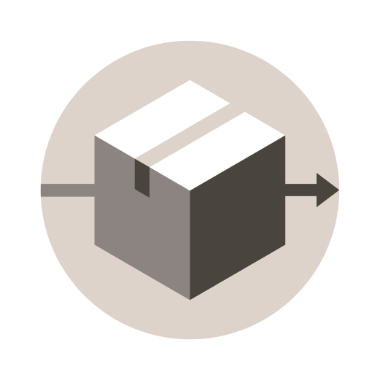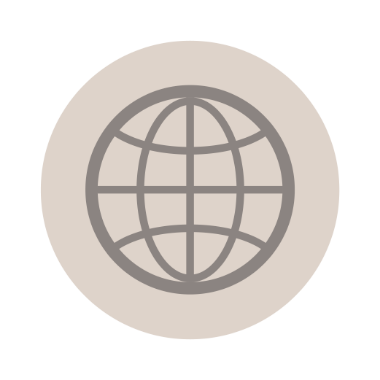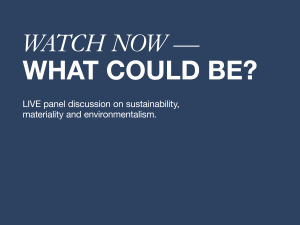Introverts Stand Up

As a 39-year-old business woman, you would think that after countless speeches, presentations, and meetings, I would be very confident in front of others.
But when I was in college, I took a personality test that informed me I was a “reactive introvert.” That came as a surprise.
At the time, it didn't sound like a strength to me! And looking forward to my upcoming business career, I felt like I had a disease 🙂
So I started my career trying to hide my natural introspective tendencies – acting as an extrovert. I was very social, always happy and had a smile on my face. It wasn't until years later that I understood that being an introvert can be a strength.
Susan Cain, the author of “QUIET: The Power of Introverts in a World That Can't Stop Talking,” has started to reveal this taboo and give us a better picture of introversion. She said she prefers “listening to talking, reading to socializing, and cozy chats to group settings.”
Recently, Coalesse researcher Shujan Bertrand synthesized key insights on different mobile work modes throughout the day. In a world where we are expected to be ultra-responsive and always “on” – and where innovation and creativity are key – tension has gathered around the need to collaborate together and the need to get away and think, synthesize, and create. Shujan's research showed most people spend time as both an introvert and an extrovert throughout the day. We draw energy and inspiration from working with others, but also feel the urge to contemplate away from a group.
So, in the end it turns out I am not the only introvert – we all have some of that “reactive introvert” in us – and that is a good thing. In our very noisy and 24/7 information-driven world, we all need some time to step back, listen, and think – before tweeting, e-mailing, and posting the latest news.
And in a world where most of us are distributed, where we need to work and collaborate with people we don't see everyday, and where trust is increasingly important, emotional intelligence is becoming an increasingly important skill – it starts by being able to listen.


